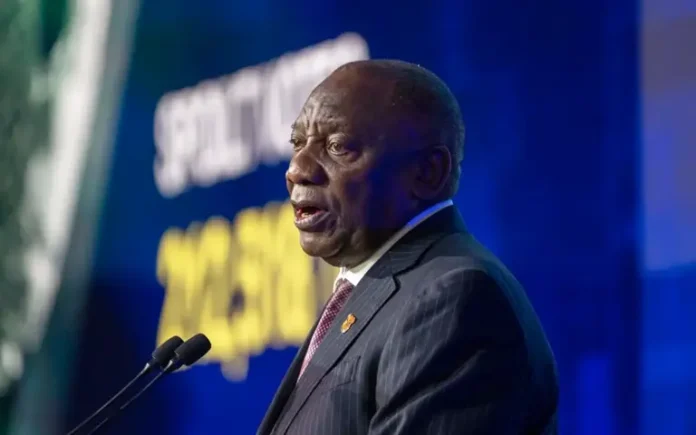A South African court opened an inquest Monday into the murders 40 years ago of four anti-apartheid activists by police hit squad in one of the most notorious atrocities of the apartheid era.
No one has been brought to justice for the 1985 killings of the so-called Cradock Four, and their families have accused the post-apartheid government of intervening to block the case from going to trial.
Teachers Fort Calata, Matthew Goniwe and Sicelo Mhlauli and railway worker Sparrow Mkonto were abducted and killed while returning home from a political meeting in the southern town of Cradock.
“After 40 years, the families are still waiting for justice and closure,” Advocate Howard Varney, representing relatives of the four men, told the court in an opening statement.
“We intend to demonstrate that the deaths of the Cradock Four were brought about by way of a calculated and premeditated decision of the apartheid regime taken at the highest level of the government’s state security system,” Varney told the court in the Eastern Cape city of Gqeberha.
The Truth and Reconciliation Commission set up to uncover political crimes carried out under apartheid refused amnesty to six men for the Cradock Four killings.
This left them open to prosecution but the post-apartheid authorities took no action, Varney said.
This may have been in part due to a “toxic mix of idleness, indifference, incapacity or incompetence” but the families also believed “political forces intervened to block their cases from proceeding”, he said.
“This inquest is probably the very last chance that the families will get to reach a semblance of closure. They deserve nothing less than a full and comprehensive accounting with the past,” the advocate said.
It is the third inquest into the Cradock Four murders, which came at the height of the white-minority government’s repression of anti-apartheid activists.
Claims of deliberate delays in prosecuting apartheid-era crimes led President Cyril Ramaphosa to set up a judicial inquiry in April.
In January, 25 families of victims and survivors of apartheid-era crimes, including the Cradock Four, announced they were suing the government over a “gross failure” to investigate and prosecute perpetrators.

